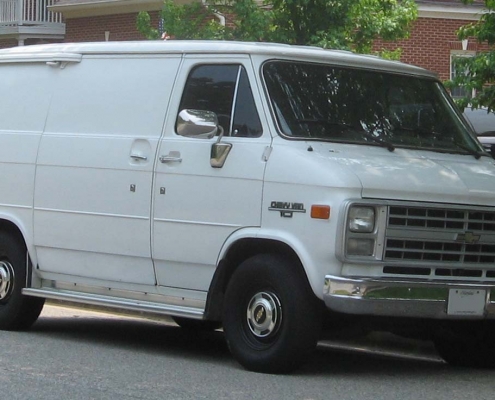How to spot a scam with a locksmith
A new epidemic is spreading for fake online locksmiths who extort money from people who just want to unlock a door – and are not always in the best position to negotiate because they are in a hurry.
Here’s how the scam works
Phantom companies create hundreds of websites that don’t exist, sometimes with pictures of warehouses that don’t exist, and submit local classifieds to Google. Once the lists are in the system, fraudsters will lure thousands of fake Google accounts to write fake reviews, claiming that the locksmith is doing a good job and is available.
When you, the unsuspecting customer, realize that you are locked in your house or car and search Google for a close locksmith, the results that appear on Google are those of the fake ones. When you call the listed number, your call is forwarded to a call center operated by a generator, often outside the country. The person at the other end of the line will quote you a low price and then direct your request to a subcontractor in your area.
In some cases, the person who arrives at your door will not be a real locksmith and can solve the problem of piercing the lock, which will destroy the lock and make you a bigger account. The subcontractor may say that the work is more complicated than expected, often asking for three to 10 times more money than originally forecast, betting that most people will simply pay the bill.
Here are some signs of fraud to keep in mind:
1.When you call, you will not talk to a locksmith; you will receive a dispatcher who answers the phone with a common phrase such as “service” or “locksmith”, but not the name of the company you called, simply because calls to hundreds of fake companies can be routed to the same call center. When you are calling ask which company to be sure.
2.Fake locksmiths can promise a 15-minute response time or something, but it can take 1 or 2 hours for the worker to arrive. This is because the employee is not as close as the Google listing.
3.The vehicle used by the false locksmith may be an unmarked car or van that does not have permanent markings on it. Sometimes the car will have magnetic signs (which are easier to change). Check for license plates outside the country.
4.The fake locksmith will usually not wear a uniform. He may say that your locks are “commercial locks” or “high-quality locks”, claiming that he cannot repair them, so the locks must be drilled, which will destroy it. It will ask for a much larger amount than you specified. Anyone can break a lock, but skill is required without damaging it, something that true professionals can usually do.
5. A fake locksmith may insist on paying in cash. If he is a fraudster he wants to avoid credit cards because he can be traced.
How to find a real locksmith?!
The best way to avoid fraud is to find a real locksmith before you need one. Аask your friends or neighbors for recommendations. Add connection information to your phone in case you ever need this kind of services. Even if you can’t go in person if you pay an attention, you can usually tell by talking on the phone who is a true professional and who is a fake.
To avoid the hole process and unpleasant moments loosing time and money with fake locksmiths call Locksmith Express.









